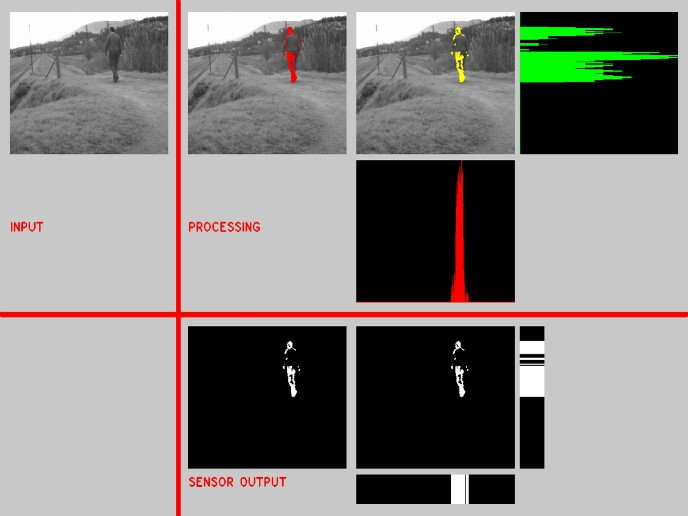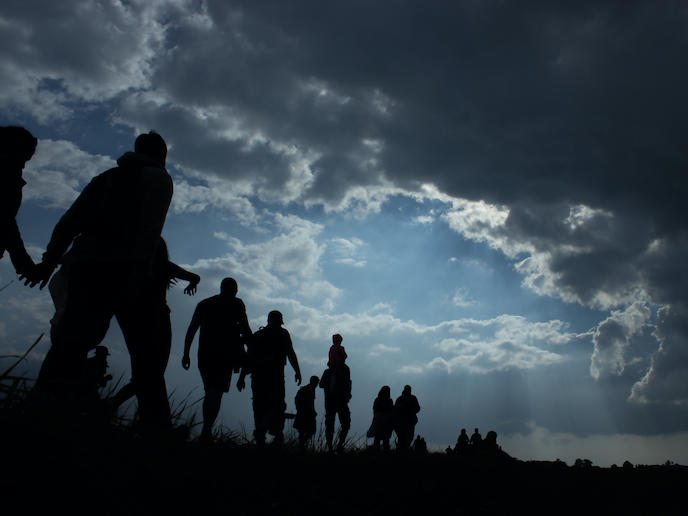The invisible women of international migration
When exploring a subject as politically sensitive as migrant health needs, researchers often lack available data. Additionally, responses across the EU to health needs differ, reflecting the variety of healthcare systems and political traditions. Each country also has distinct public narratives and perceptions about both migration and their healthcare systems, sometimes at odds with reality. The European Research Council-funded project, EUBorderCare (Intimate Encounters in EU Borderlands: Migrant Maternity, Sovereignty and the Politics of Care on Europe’s Peripheries), focused attention on migrant health in borderlands (i.e. peripheries) as sites of magnified national tensions and cultural traditions. “Frontline borderland healthcare workers protect core European values of citizen health and mobility,” says principal investigator Vanessa Grotti from the University of Bologna. “We need to ensure a continued and clear distinction between health rights and migration governance.” EUBorderCare highlighted a lack of awareness about gendered migratory experiences and the necessity to provide gender-specific responses at all stages of migrant reception.
The under-investigated experiences of women
“Despite being a growing phenomenon, our field research confirmed that female migration, pregnant crossings in particular, have been under-studied,” adds Grotti. “Our findings show that more needs to be done to organise care for migrant women recognising basic needs, such as sanitation, housing and healthcare.” Comparing experience of three migration routes, the eastern Mediterranean (into Greece), the central Mediterranean (into Italy) and the western Mediterranean (into Spain), the team found clear migration patterns related to nationalities, age groups, personal and family circumstances and reproductive health concerns for each route. For example, pregnant refugees fleeing war arriving in Greece suffered from malnutrition and stress after protracted stays in camps. Pregnant patients rescued in Italy had often been separated from loved ones due to slavery and trafficking and had suffered assault and exploitation. In a comparative analysis of emergency and maternity services in Greece, Italy and Spain, the team explored precarious working conditions such as underfunding, understaffing, temporary contracts and stretched services. The research documents how antenatal and perinatal health had to be entirely redesigned and adapted to emergency contexts, with little European or international support. Examples included clinics and A&E departments changing opening hours to meet emergency needs, such as boat rescues. This results in long shifts, the employment of interpreters and the creation of medical files for pregnant patients without medical records. In Greece, state hospitals collaborated with medical NGOs and volunteers to provide care continuity, while in Overseas France and Italy, hospital staff coordinated with the care sector, often relying on professional networks. “These resilient, local structures are indispensable, yet unsustainable without systemic support. After all, they cannot be easily replaced as they know the territory better than anyone,” Grotti notes. Following the coronavirus outbreak, which significantly reconfigured the ways in which healthcare is delivered in hospitals and smaller health clinics, the team decided to assess the impact that the COVID-19 emergency has had on the organisation and delivery of maternity care services. “Hopefully this will lead to the drafting of a set of policy recommendations specific to health equity in obstetric care in EU borderlands,” explains Grotti.
Unique borderlands
EUBorderCare was grounded in long-term immersive field research in care settings (e.g. refugee camps, medical NGO premises, maternity wards), both temporary and permanent, in French Guiana and Mayotte (Overseas France), the North Aegean and Attica (Greece), Sicily (Italy), and Ceuta and Melilla (Spain). These regions were chosen because they experienced significant migration flows. They also have experienced underinvestment, yet have universal healthcare systems with special humanitarian provision for urgent free care regardless of legal status. Being on Europe’s external borders, they were the first countries of reception and the asylum process.







